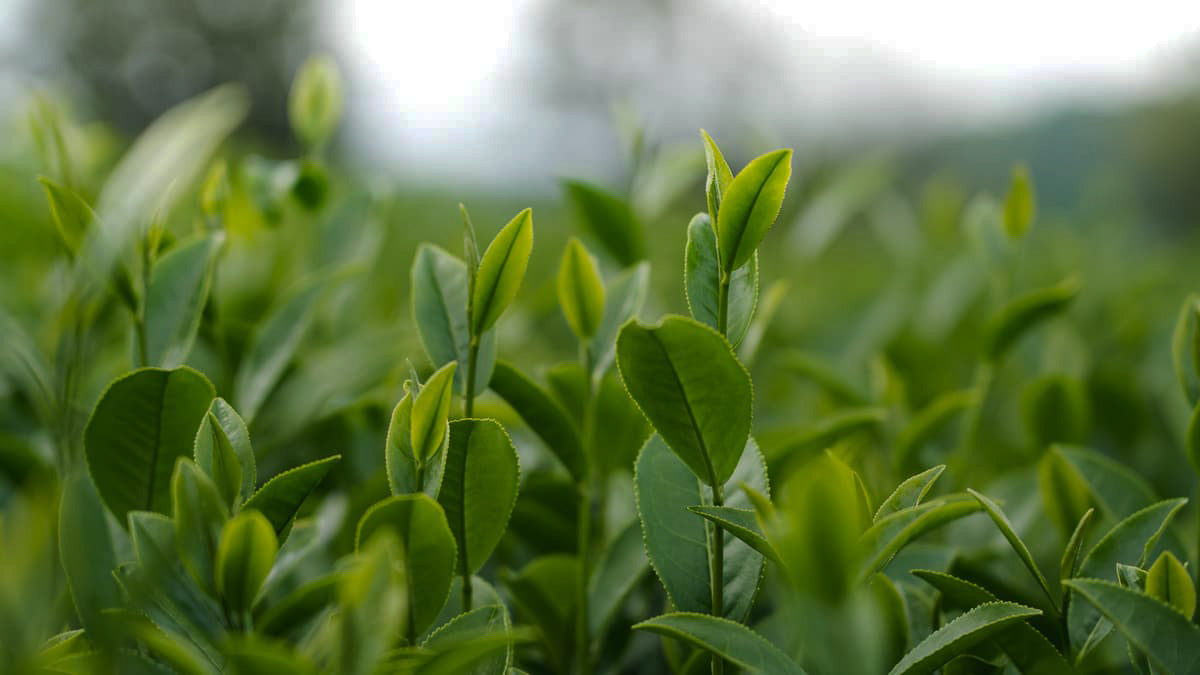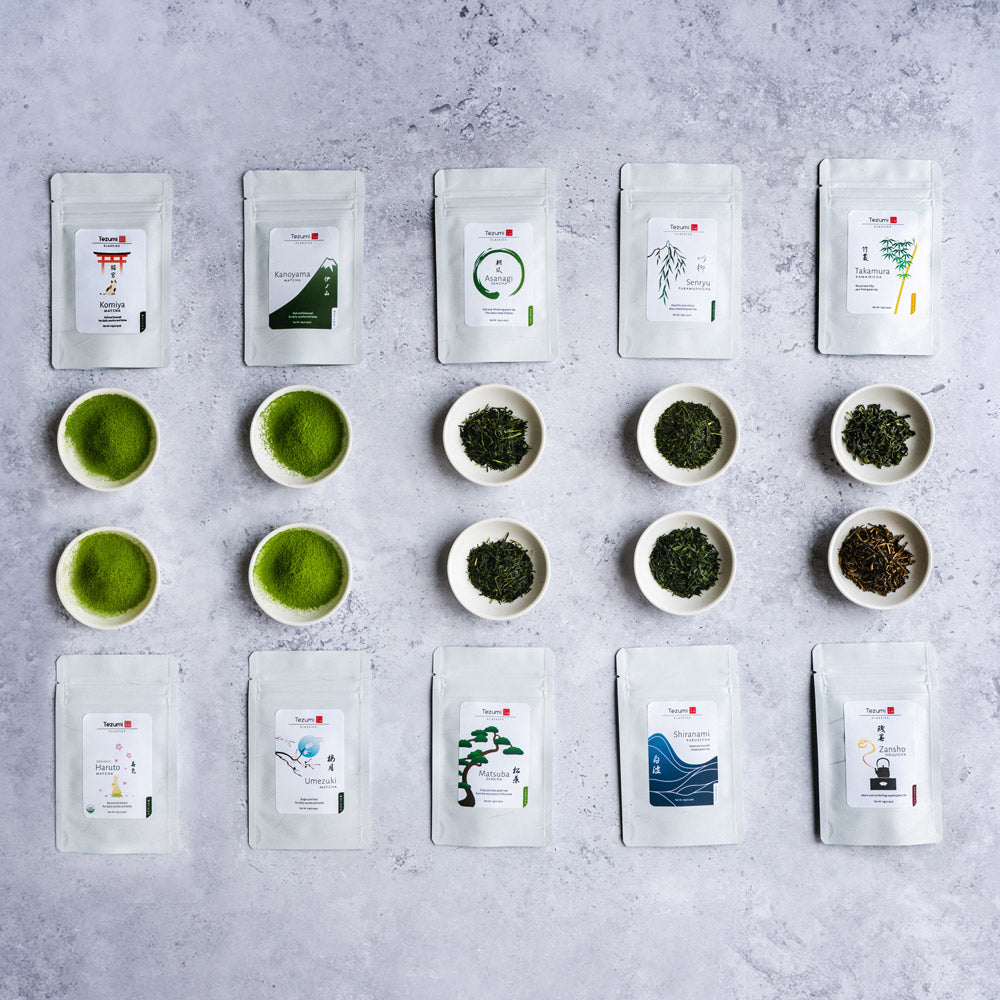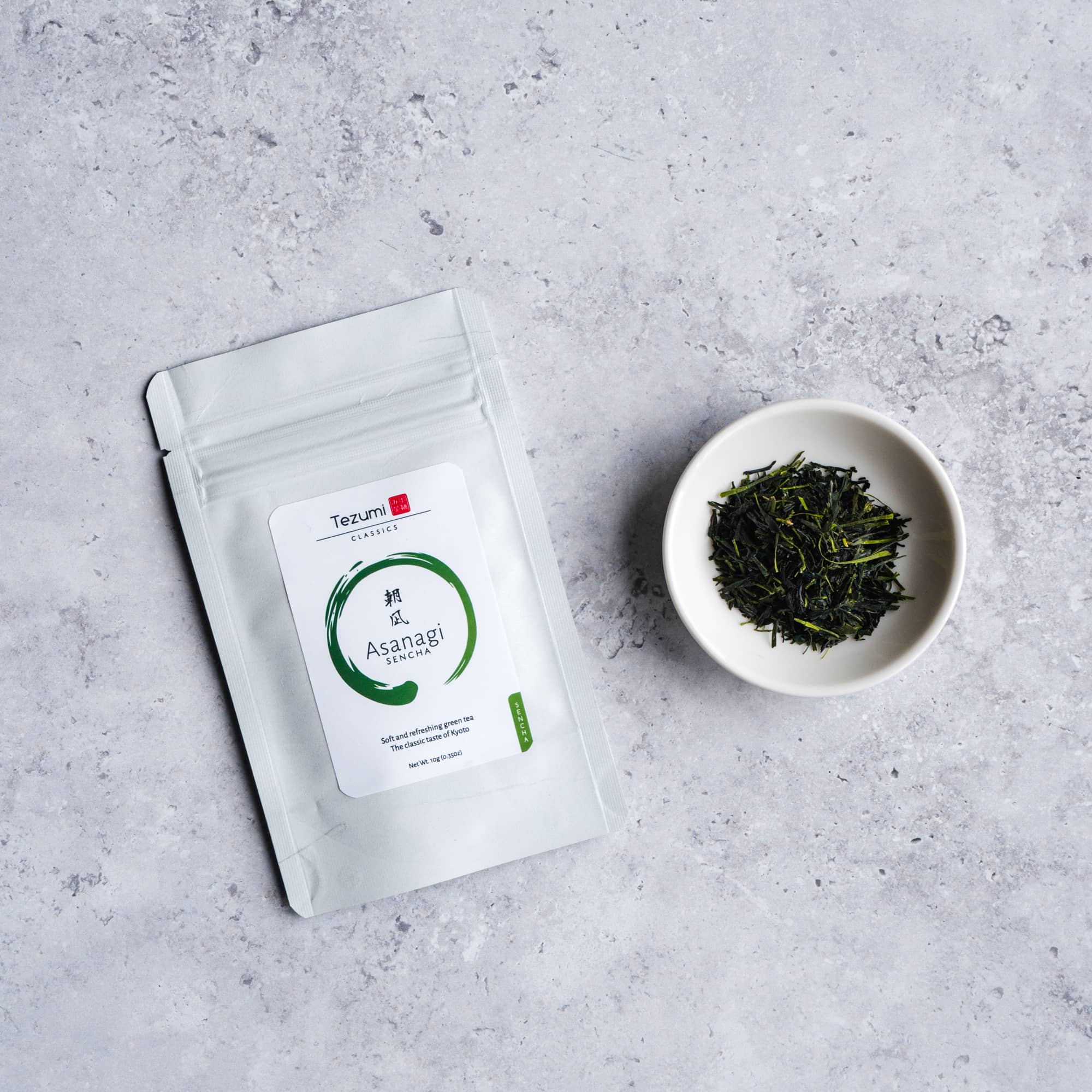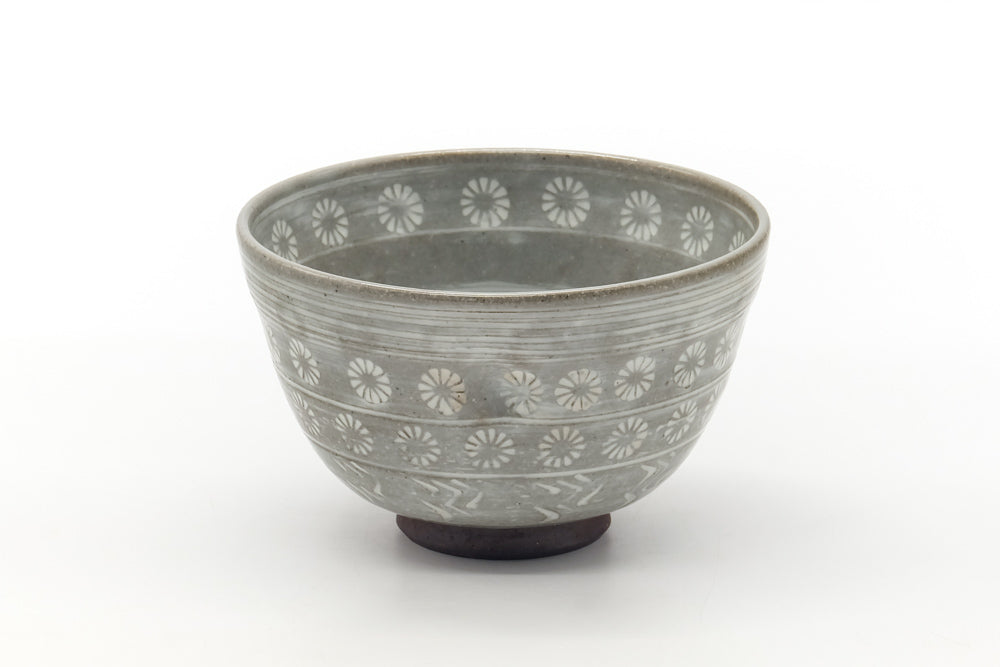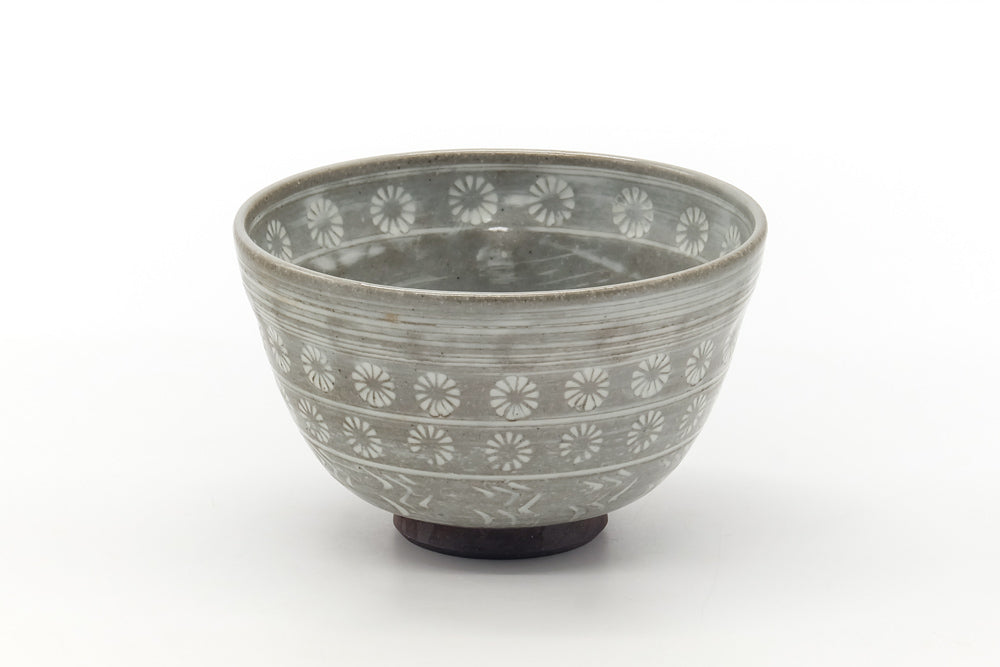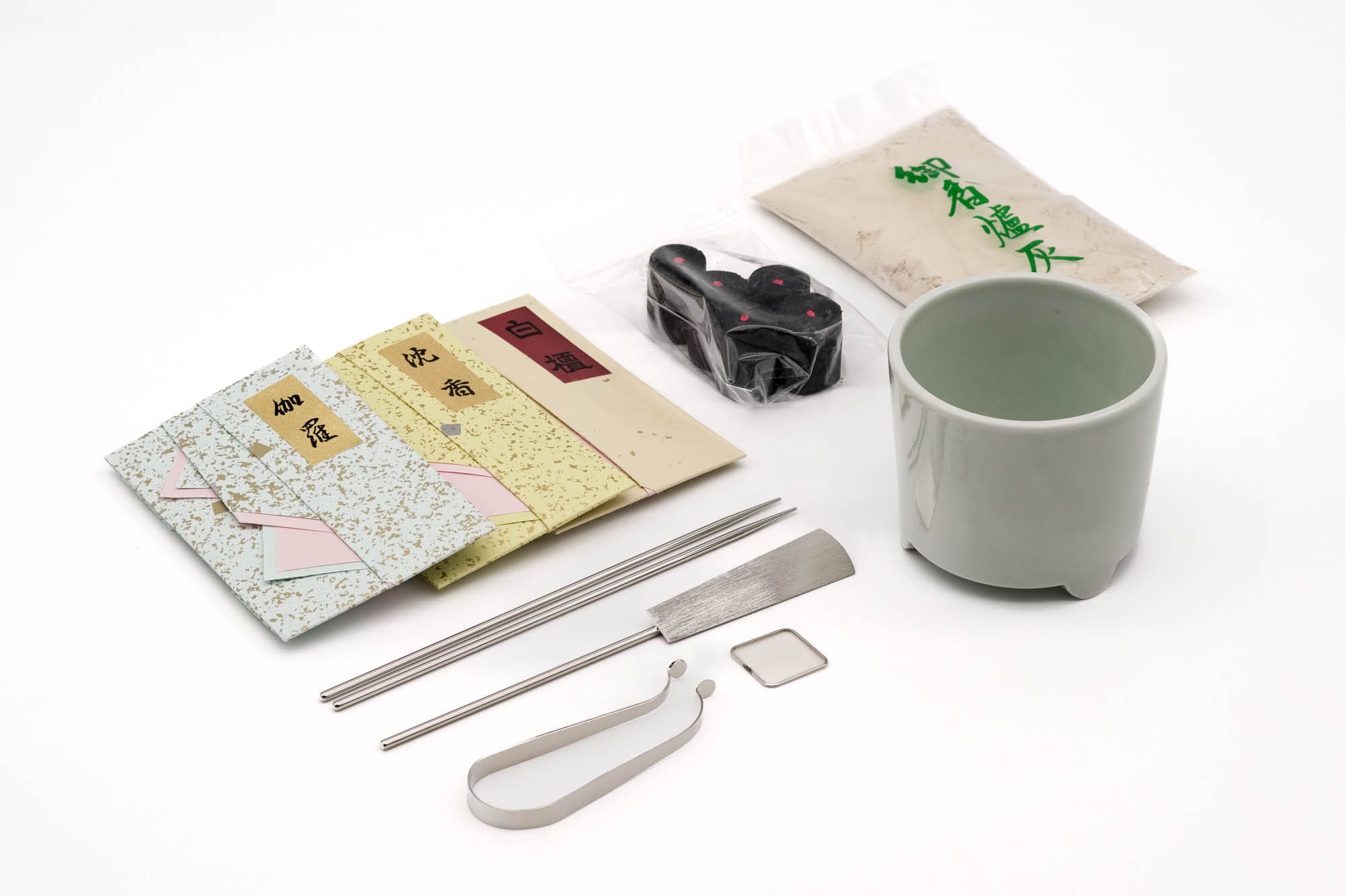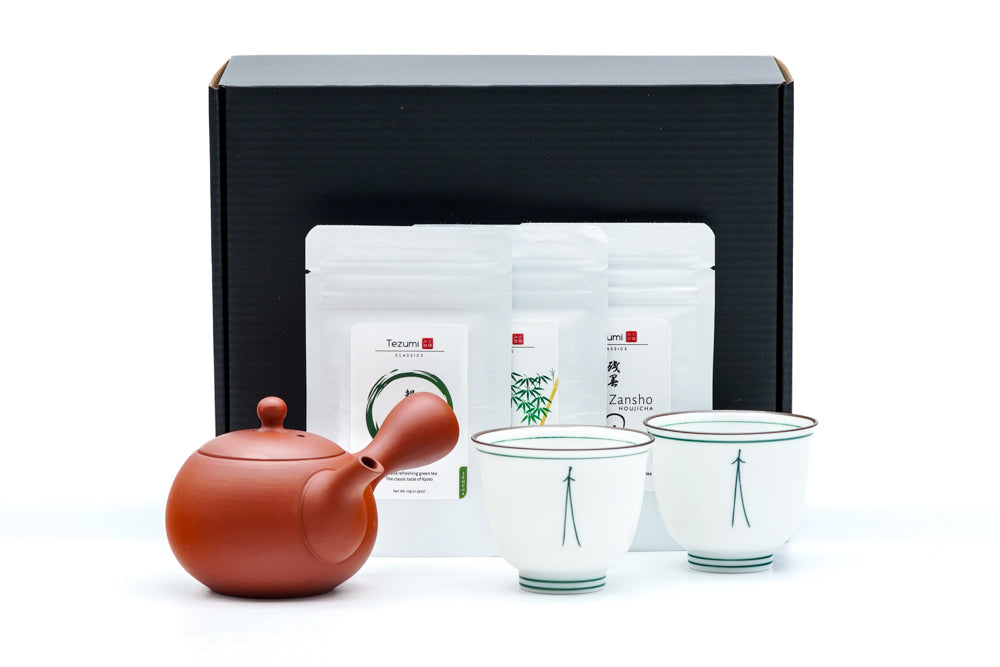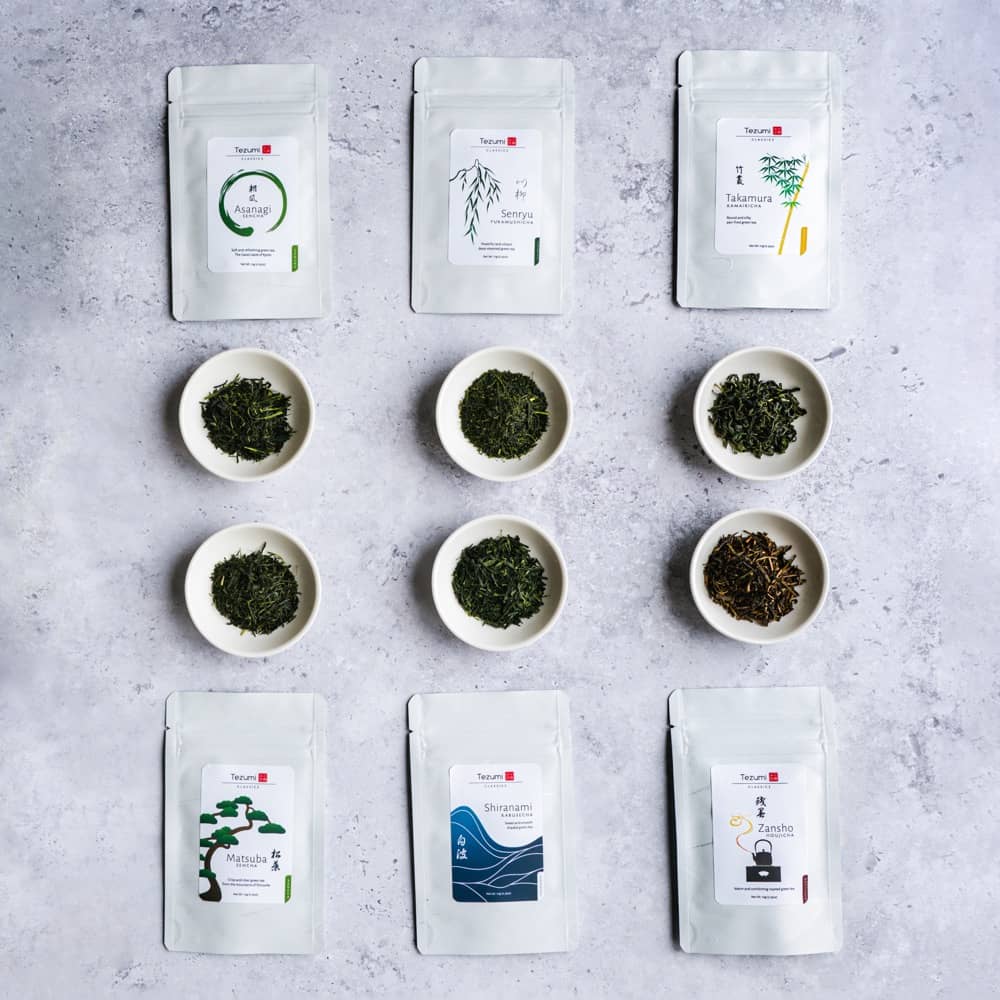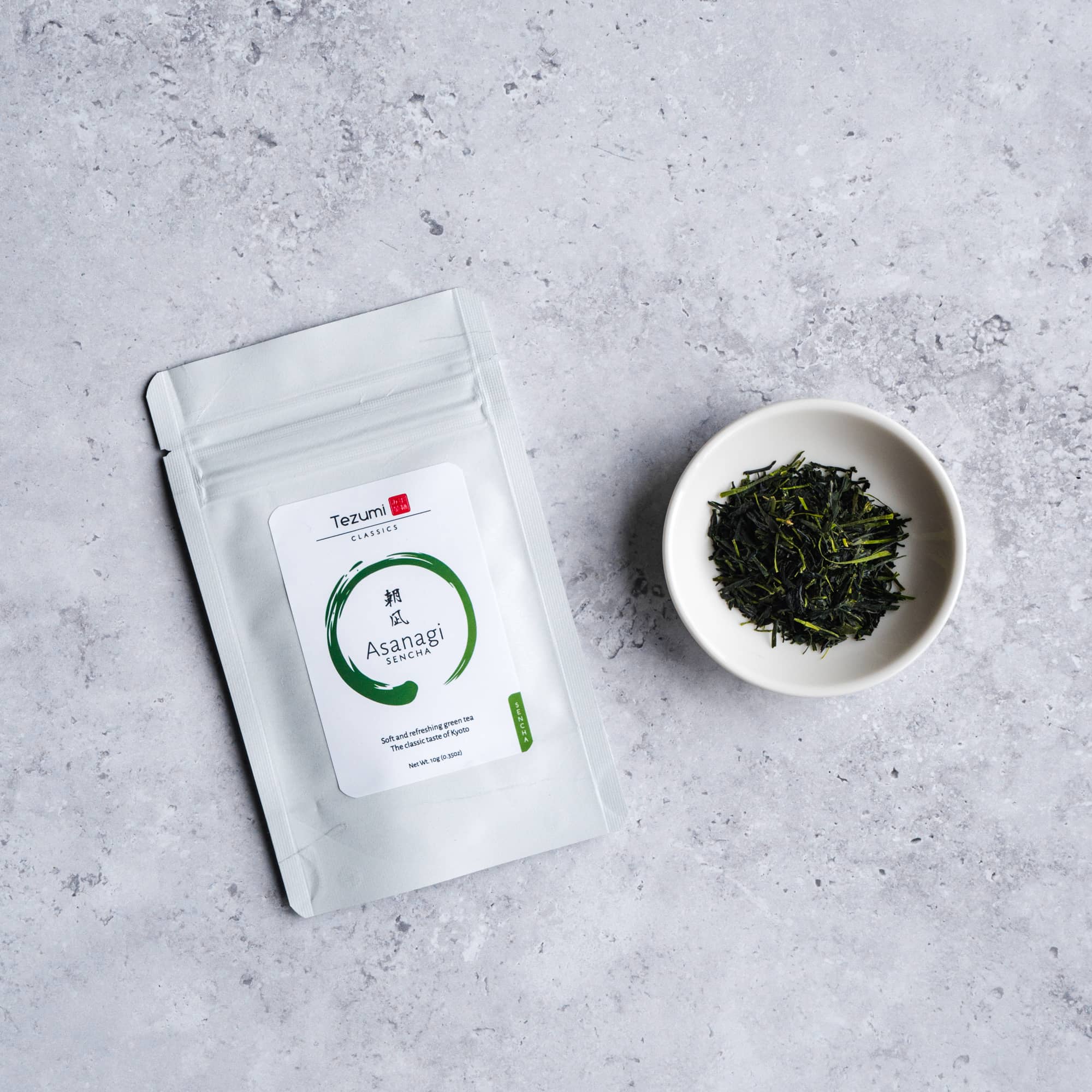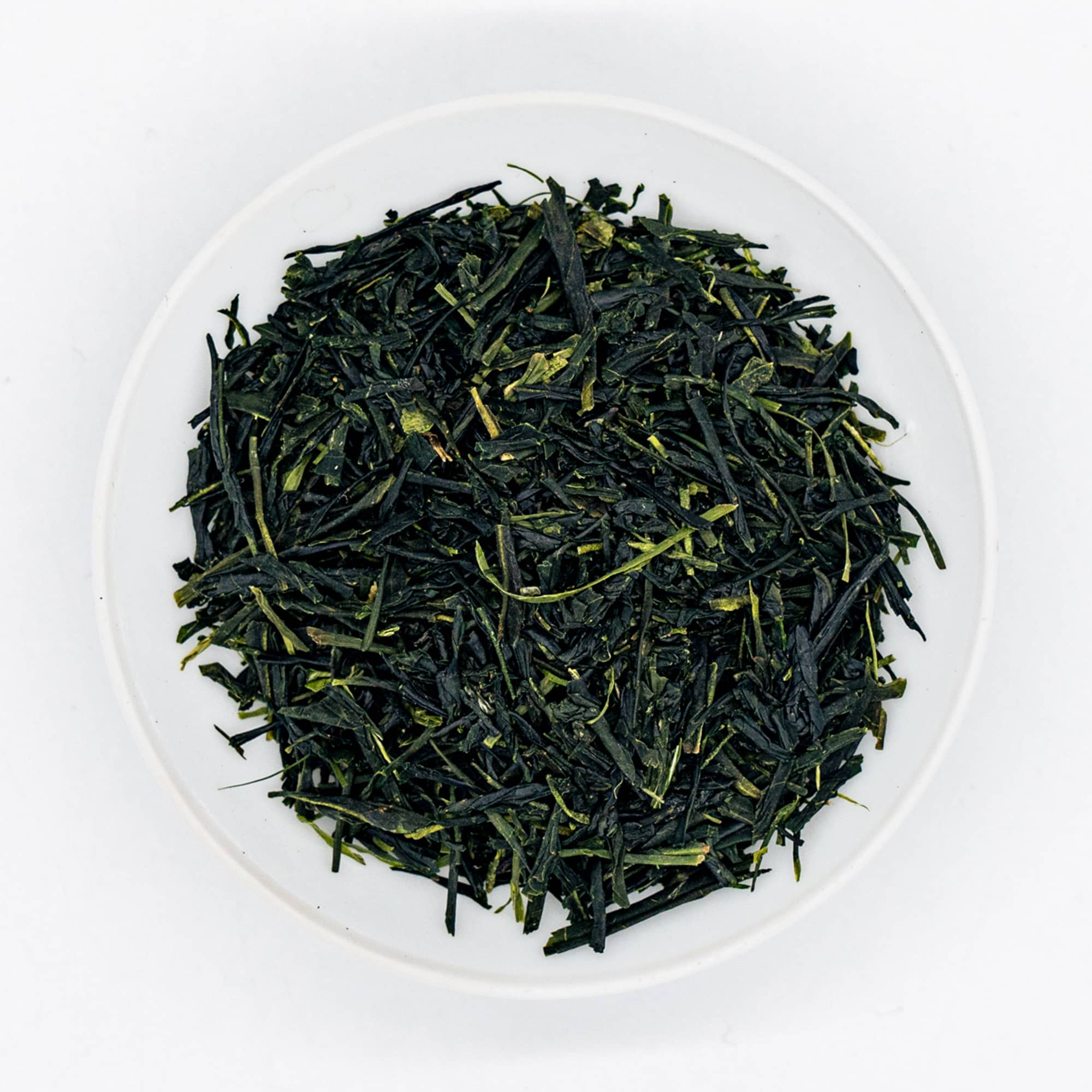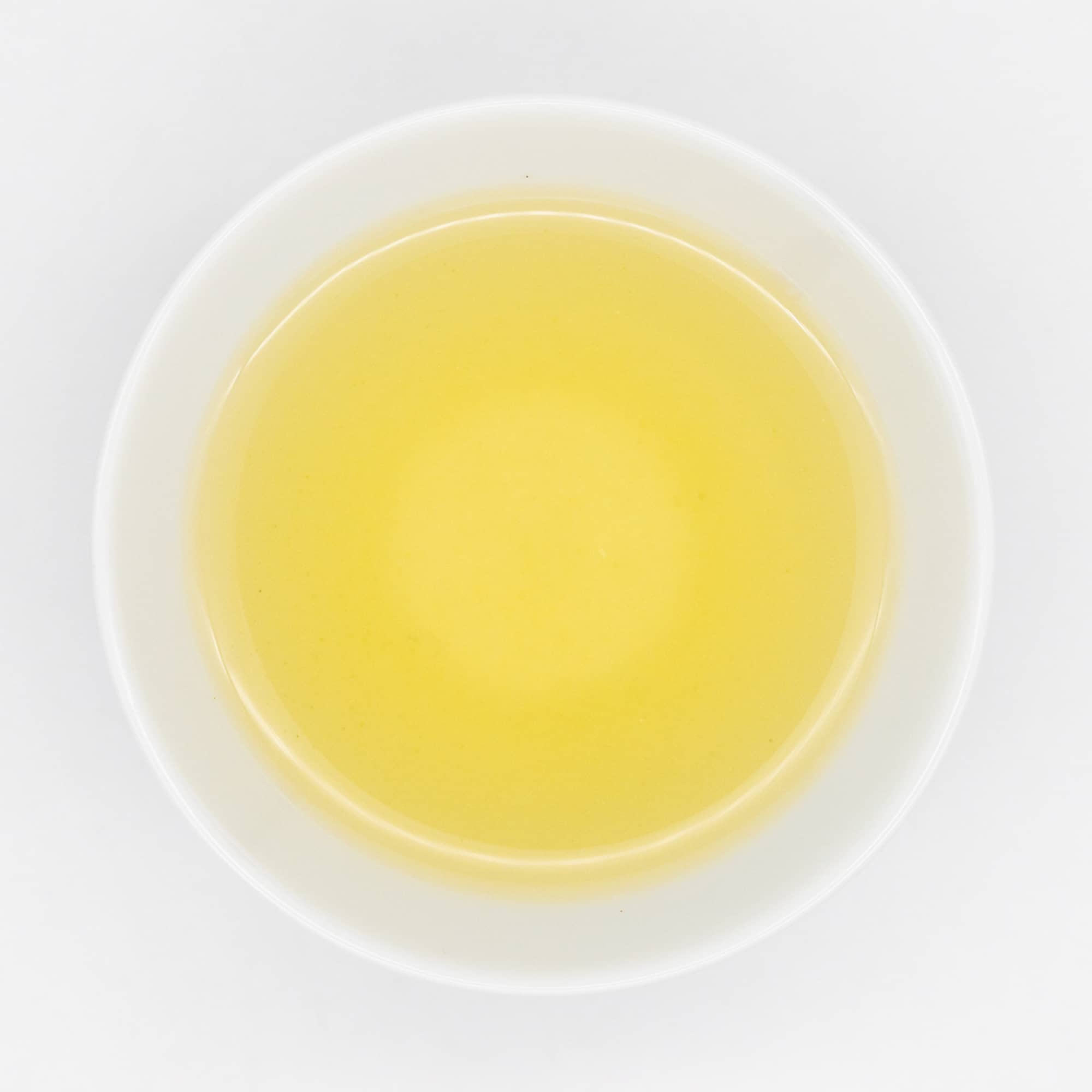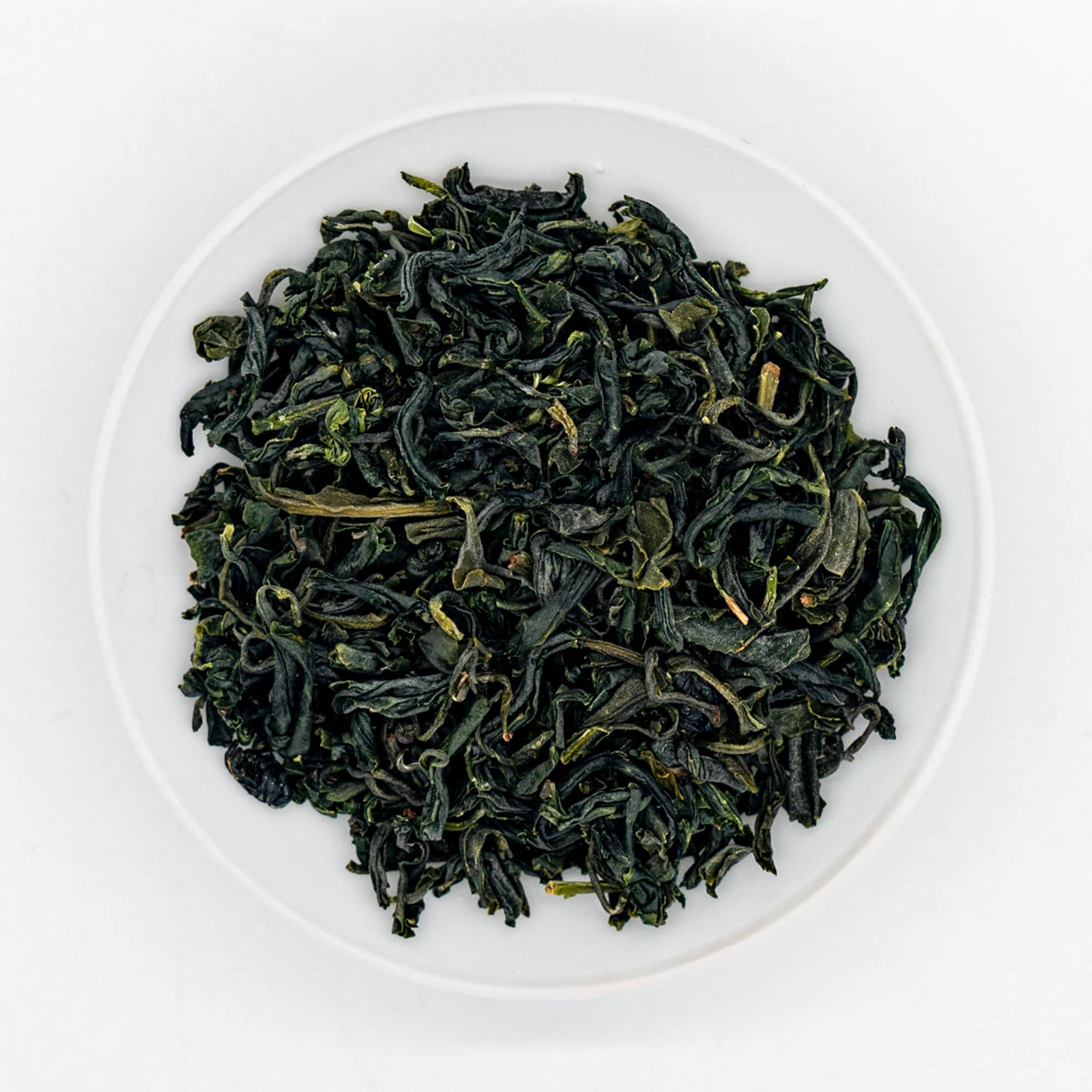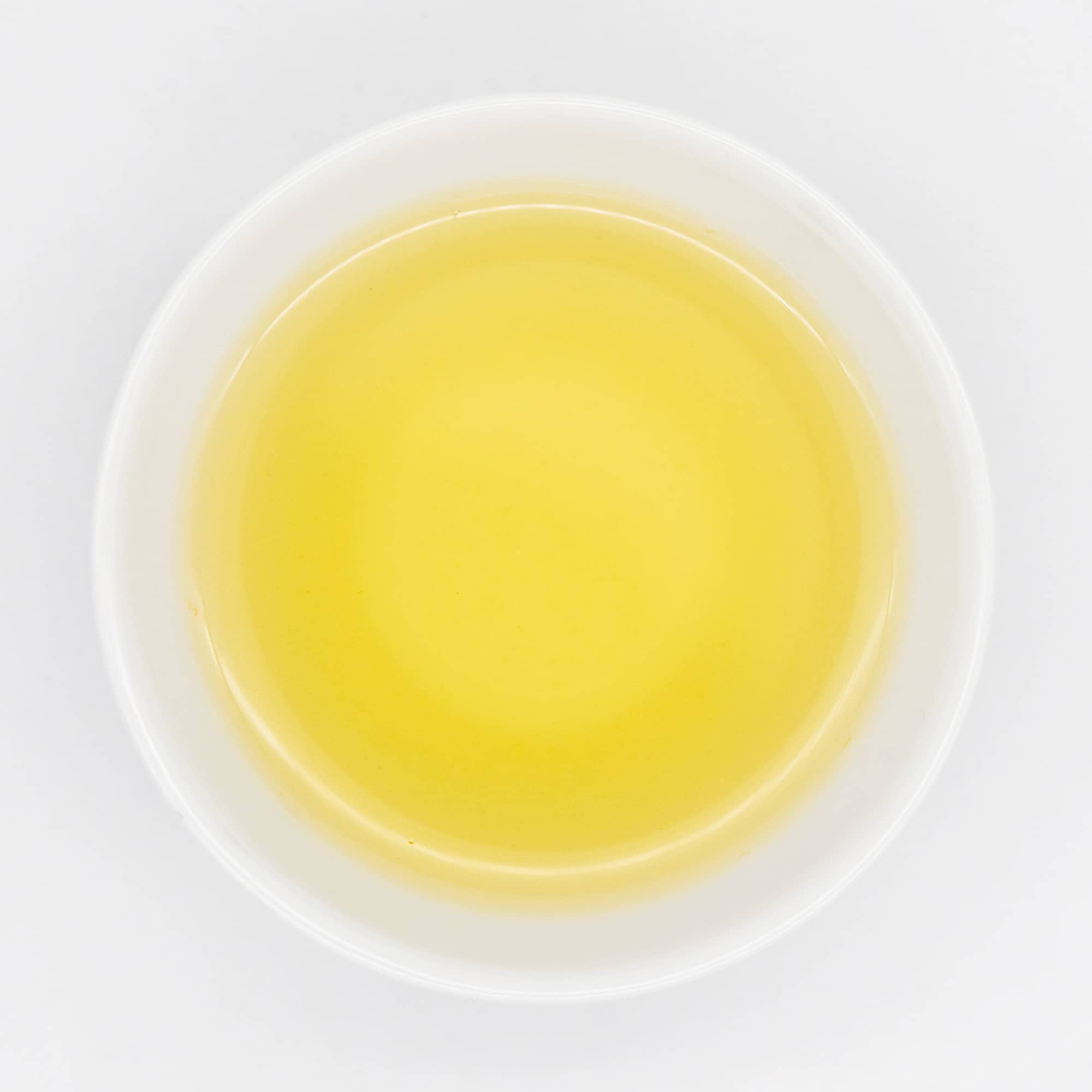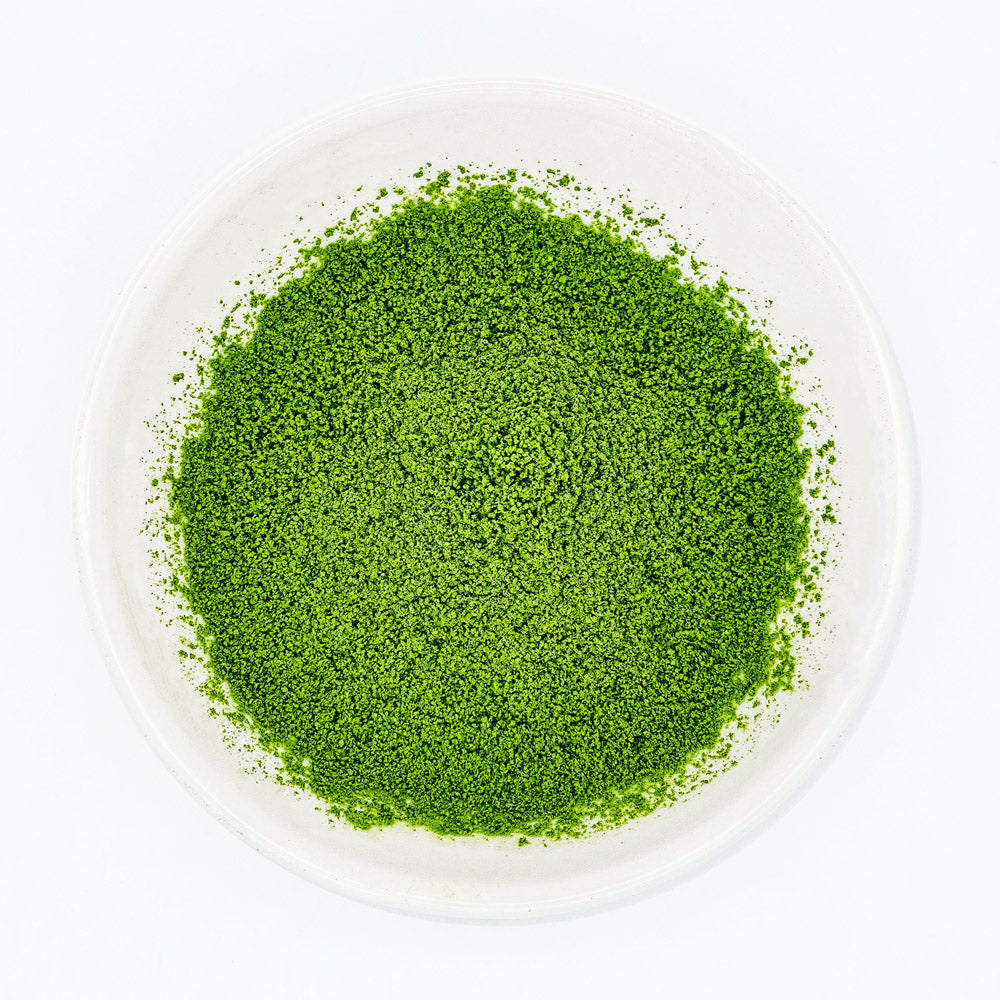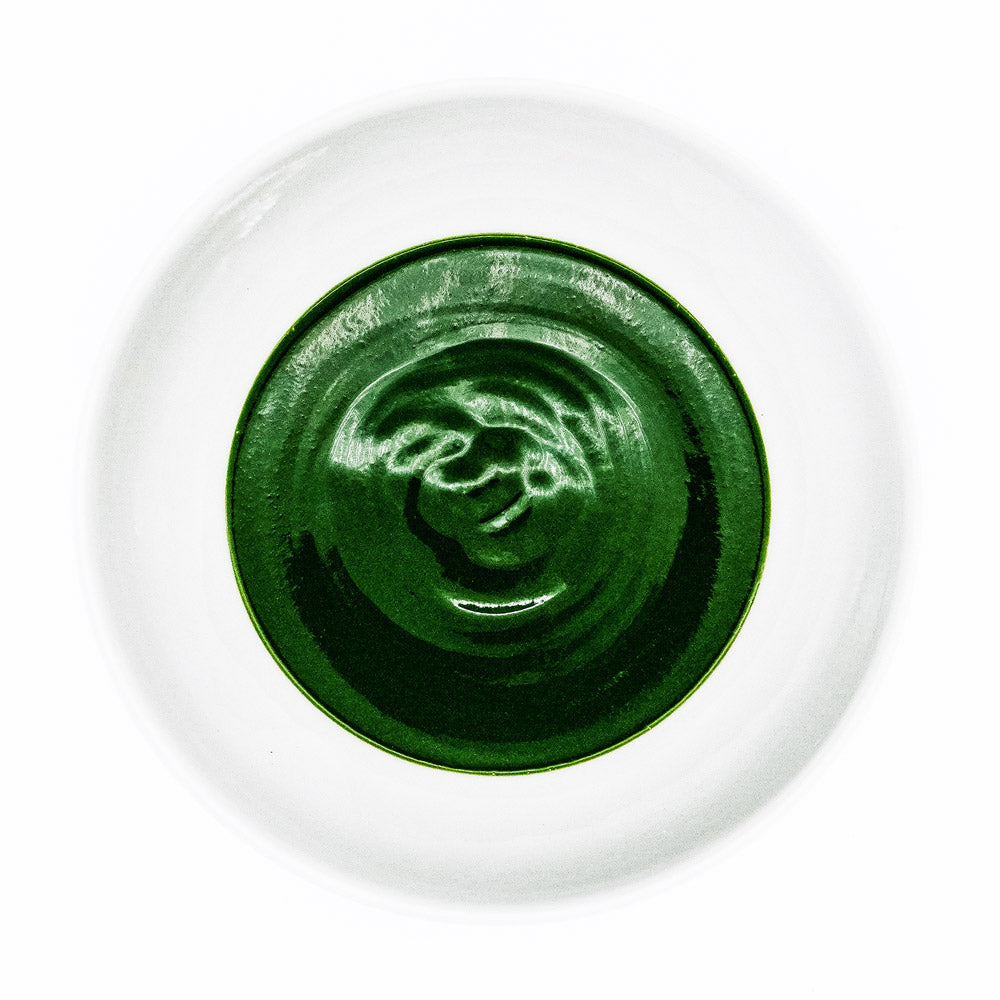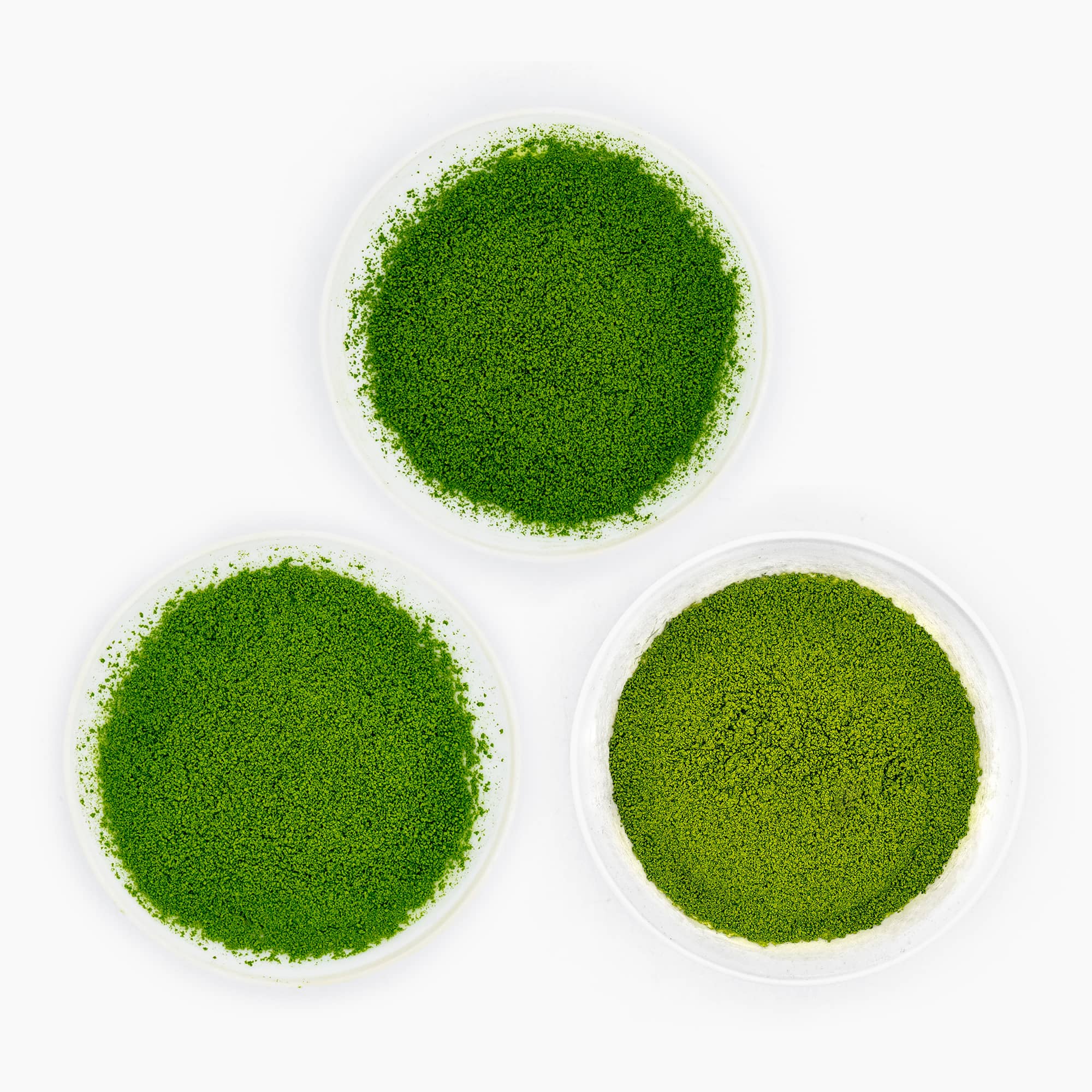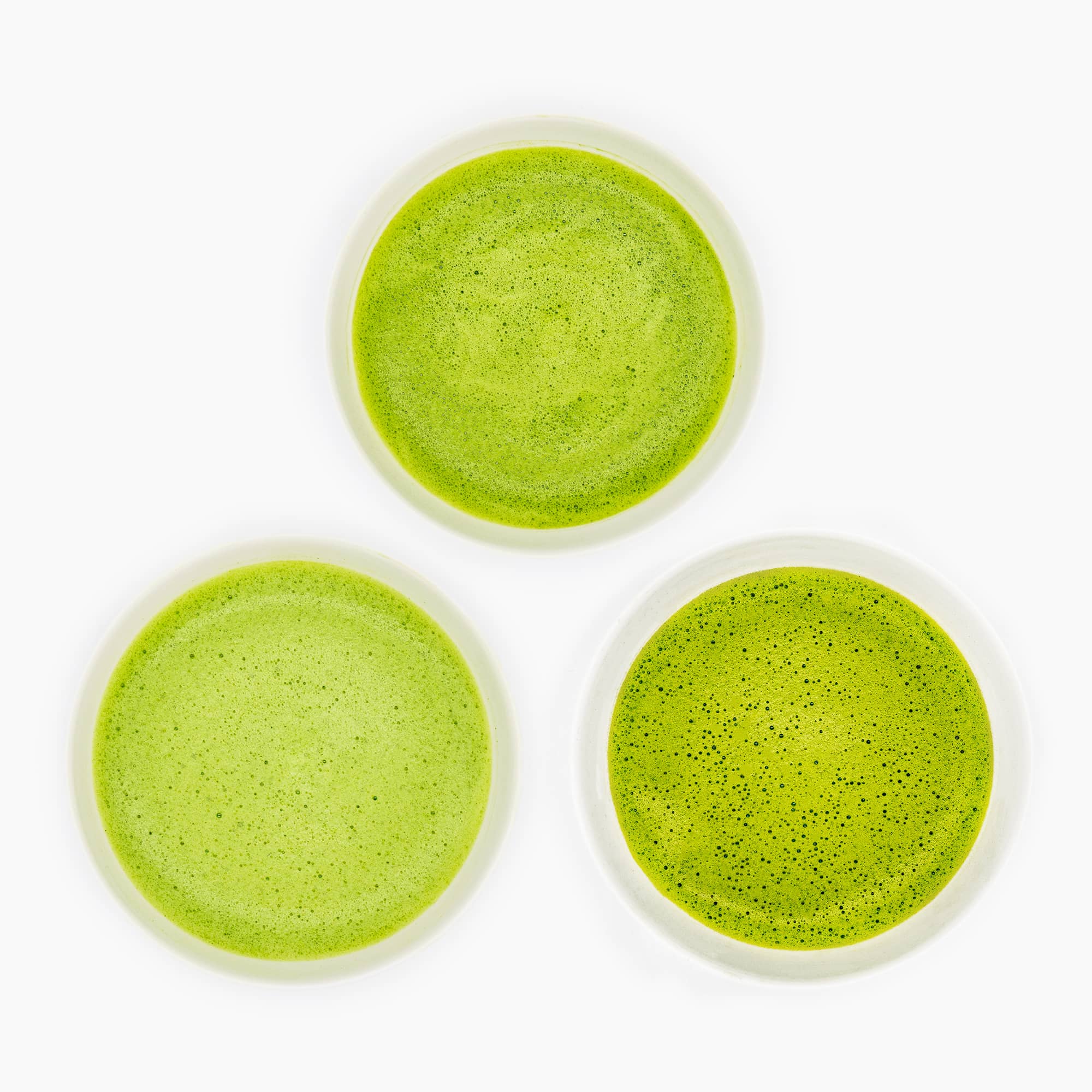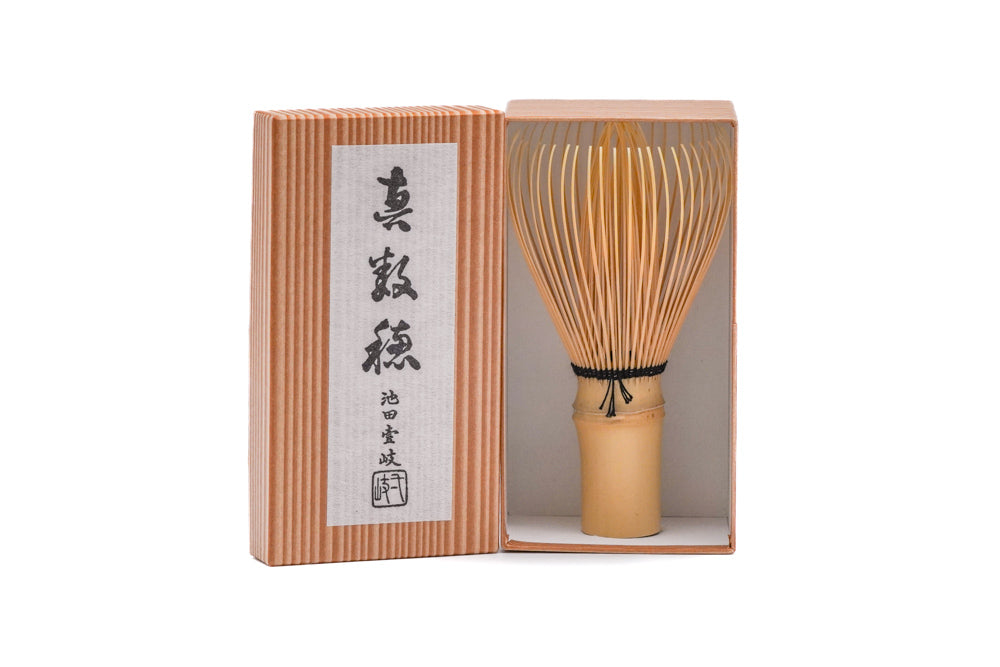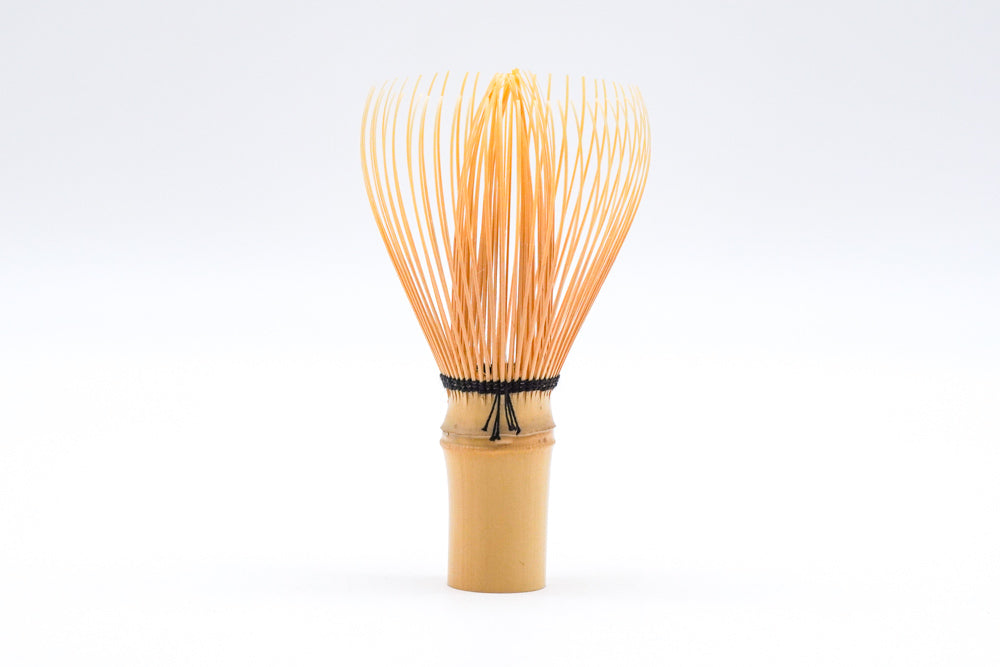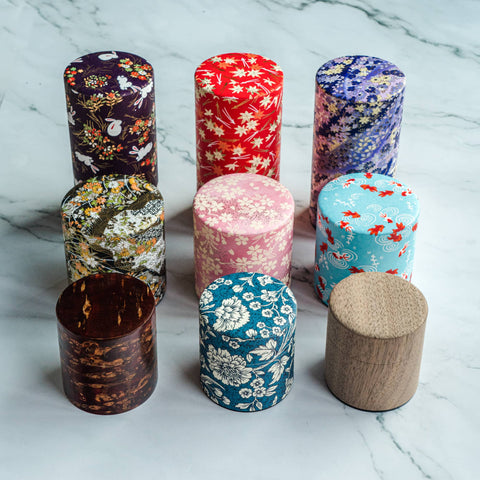How To Store Your Tea
While a great tea will taste amazing when fresh, if it's not stored well, that taste can begin to fade. We're often asked how best to store teas so here we'll go over some basic tea storage rules and tips to get you started.
Why Does Storage Matter?
A lot of tea's flavour is in its volatile aromatic compounds which can dissipate and weaken if not stored well. Additionally, things like oxygen, humidity, and light can cause tea leaves to deteriorate. Different teas have different storage requirements but there are some basics they have in common:
Keep tea away from Sunlight
Light, especially UV heavy sunlight, can cause tea leaves to break down and deteriorate. As such, tea should be stored in opaque, light-proof containers (despite how aesthetically pleasing clear glass jars can be). Most tea you buy will come in suitably opaque packaging (and if it doesn’t then that should be a red flag).
Keep it Airtight
In addition to keeping the aromas in, airtight storage can help keep stray smells out and keep the humidity relatively constant.
Green teas (which are unoxidised by definition) will oxidise and loose their fresh green colour and aromas quickly if not kept in an airtight container.
As with lightproofing, most teas you buy will come in airtight packaging. However, sometimes this packaging is not resealable (particularly common in Japan and Taiwan). In these cases it is best to have a storage solution on hand before opening.
What's up with Refrigeration?
If you're active in Japanese tea circles, you may see mention of some tea enthusiasts refrigerating or even freezing tea. This is relatively common practice among those who drink a lot of green tea and Japanese green tea especially. There are a lot of differing opinions on the matter, so here are our tips:
Non-Green Teas
Don't bother keeping these in the fridge or freezer.
Unopened Green Teas and Matcha
These can be kept in either the fridge or freezer until you're ready to drink them. This is how green tea is typically stored by tea producers and reliable retailers until it is sold.
Boxes of Aracha in a Walk-in Freezer for Cold Storage
Before opening frozen or refrigerated tea, allow the tea to come up to room temperature as opening cold tea can cause water from the room temperature air to condensate on the cold tea leaves which can degrade them, especially with matcha. Your effort to keep tea fresh might ultimately backfire if you skip this step. Larger sizes of matcha (e.g. 50g, 100g, etc.) will take longer than smaller 10g or 20g size. This step is especially important if the ambient air is warm and humid, as this makes condensation more likely. Colder, drier climates are a little more forgiving.
Opened Green Tea and Matcha
This is where personal practice and drinking habits differ and each person tends to find their own routine. If you're drinking the tea regularly, I'd suggest leaving it out of the fridge and simply storing it as you would any other tea: in an airtight, lightproof container. Not only does this save you having to wait for the tea to warm up every time you want to drink it, it also spares the tea from repeated warm/cold temperature cycles.
If you plan to not drink the tea for an extended period of time, then it might benefit from being put back in the fridge, and common advice is to NEVER put it back in the freezer once opened. When storing opened tea in the fridge, it is imperative to be sure it is well sealed lest unwanted fridge odours enter the tea packaging
Can Tea go Bad?
Unless tea gets wet and grows mould, it doesn't technically spoil or go bad. However, aromas will weaken and in the case of poorly stored green teas, noticeable staling and browning of colour and taste can occur within a year (or less in the case of matcha).
How Long can Well-stored Tea Stay Fresh?
Oxidised teas, such as black teas and darker oolongs can stay more or less unchanged for years, although their aromas will weaken over time.
Green teas are usually best enjoyed within a year of their harvest. Freezing them can prolong this considerably.
Once open, however, peak freshness lasts only 3-6 months. Steamed greens such as sencha tend to degrade faster than pan-fired greens such as kamairicha or Chinese green teas.
As matcha degrades much quicker than other green teas, an opened tin of matcha should be consumed as quickly as possible. In some cases, it can begin to show signs of oxidation in less than a month. This is one reason matcha is sold in smaller quantities: to ensure freshness. While larger sizes can be more economical, if you don't drink enough matcha to go through them quickly, they might not be worth it.
Storage Solutions
In most cases, keeping tea in its original packaging is a great way of keeping it fresh (assuming that this packaging can be resealed).
If you want a more aesthetic and appealing way to store loose leaf tea, a chazutsu (茶筒 - tea container) is the ideal option as their tin-plated construction is opaque and the double lid system is quite airtight. Our favourite chazutsu are handmade by Kotodo.
Most alternative matcha storage solutions centre around either convenience or presentation. A sifter can is a great 2-in-1 solution for someone who drinks a lot of matcha as a whole can or bag can be sifted easily at once and kept in a sealed can. This also makes each matcha session much more convenient as no sifting or messing around with a foil bag is required. This is definitely recommended for daily matcha drinkers. If you don't drink matcha that often, then such ‘pre-sifting’ might not work as the matcha may re-clump by the time you drink it.
Chaire, natsume, and other usuchaki are temporary storage and presentation vessels used in a traditional tea ceremony setting. When using them, tea is usually sifted (e.g. in a sifter can) before being transferred to the vessel of choice using a chashaku or special mizuya chashaku. These vessels add a beautiful and traditional aesthetic touch to any matcha setup, ceremonial or casual. However, it is important to note that they are not quite airtight and are only temporary storage solutions. Never store more than a few days worth of tea in them. If you're like me and drink multiple bowls of usucha and koicha daily, then they're ideal.
